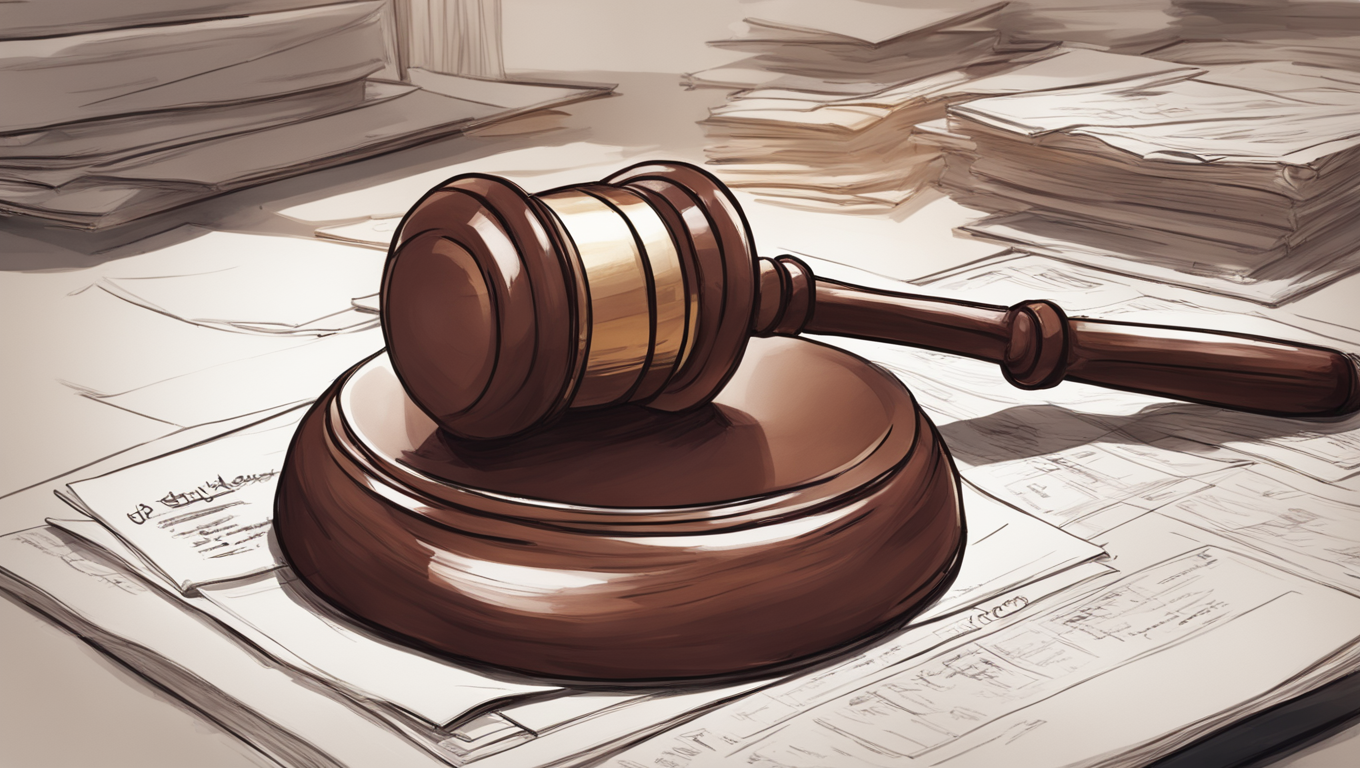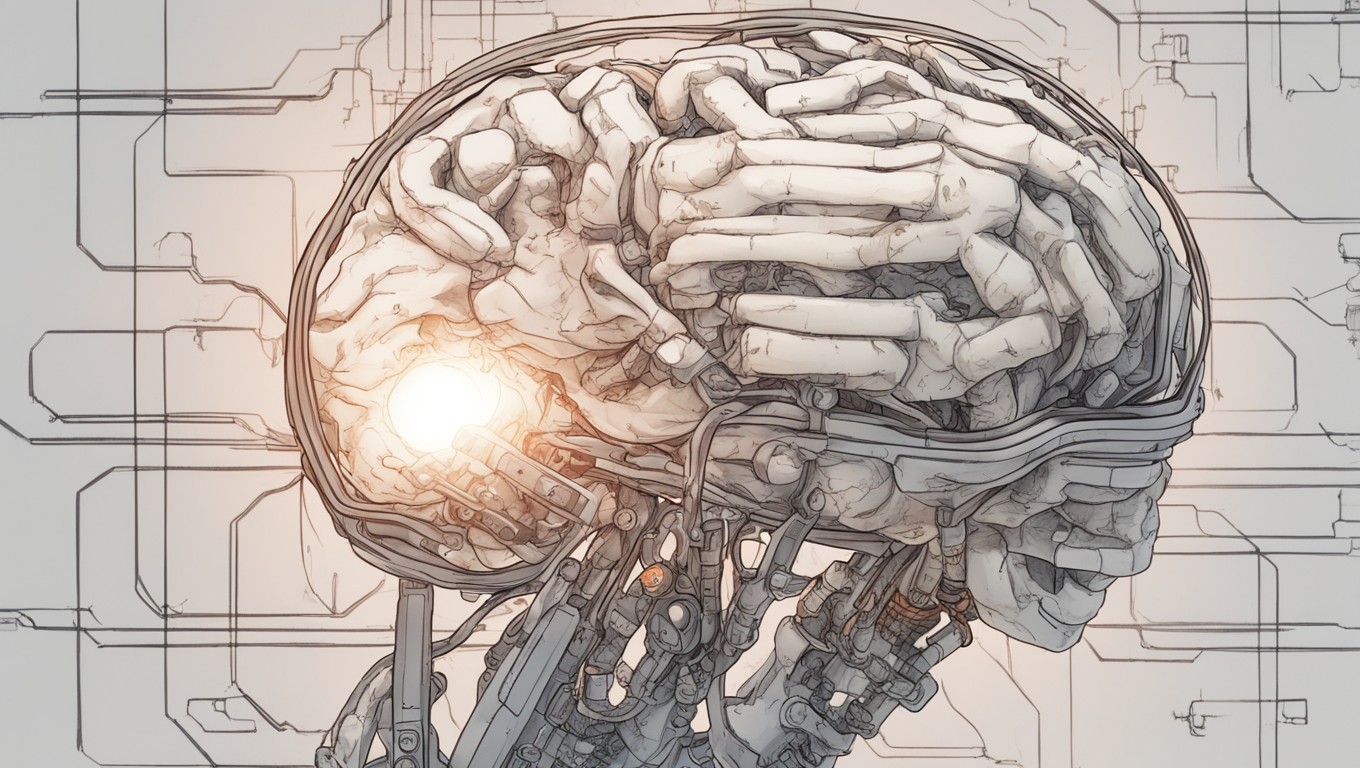In a shocking turn of events, artificial intelligence developer OpenAI has fallen victim to a data breach, potentially exposing the vulnerabilities of AI technologies. Earlier this year, a hacker managed to gain access to the company’s internal messaging systems, stealing details of its groundbreaking technologies. The breach, however, did not compromise the systems where OpenAI houses and builds its artificial intelligence capabilities.
Surprisingly, OpenAI chose to keep the breach under wraps, neither making it public nor informing the authorities. Their reasoning? The company did not perceive the incident as a threat to national security. According to sources close to the matter, the stolen information was obtained from discussions about OpenAI’s latest technologies on an online forum used by company employees.
During a meeting in April 2023, OpenAI executives broke the news to their employees at the San Francisco offices. The board of directors was also informed. The decision to keep the breach a secret was made because no customer or partner information had been compromised. They believed that the hacker was a private individual without any known ties to a foreign government, thus not posing a national security threat. Consequently, the company did not involve law enforcement or inform the FBI.
The news of the breach, however, left some employees concerned about the possibility that foreign adversaries, such as China, could exploit the stolen AI technology, which could potentially jeopardize US national security. This incident also raised questions about OpenAI’s commitment to security and revealed internal divisions regarding the risks associated with artificial intelligence.
In response to the breach, Leopold Aschenbrenner, a technical program manager at OpenAI, sent a memo to the board of directors. Aschenbrenner expressed his belief that the company was not taking sufficient measures to prevent the theft of its secrets by foreign actors, particularly the Chinese government. He also criticized OpenAI’s security measures, stating that they were not strong enough to counteract potential theft by infiltrators.
Following this, Aschenbrenner claimed that he was fired from OpenAI for leaking information unrelated to the breach and alleged that his dismissal was politically motivated. Although he hinted at the breach in a recent podcast appearance, specific details of the incident have not been previously reported.
In response to Aschenbrenner’s allegations, OpenAI spokeswoman Liz Bourgeois stated, “We appreciate the concerns Leopold raised while at OpenAI, and this did not lead to his separation. While we share his commitment to building safe AGI, we disagree with many of the claims he has since made about our work. This includes his characterizations of our security, notably this incident, which we addressed and shared with our board before he joined the company.”
This breach serves as a timely reminder of the potential vulnerabilities of AI technologies, especially when they fall into the wrong hands. OpenAI’s decision to keep the incident confidential raises questions about transparency and accountability when it comes to safeguarding critical information. As AI continues to advance, it is imperative that companies prioritize security measures and collaborate with law enforcement agencies to mitigate the risks associated with such breaches.





Use the share button below if you liked it.